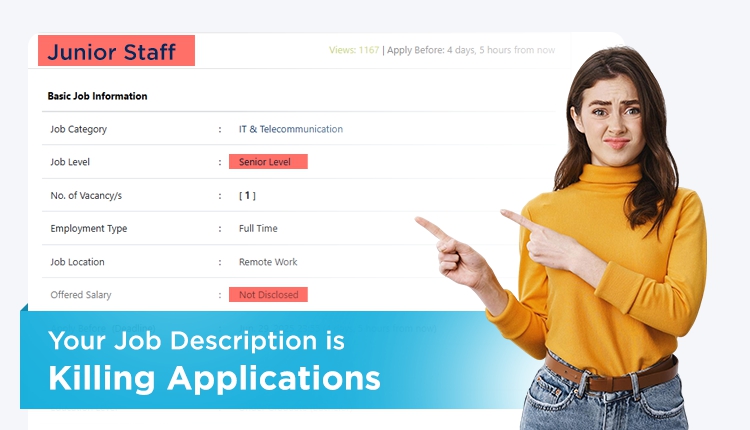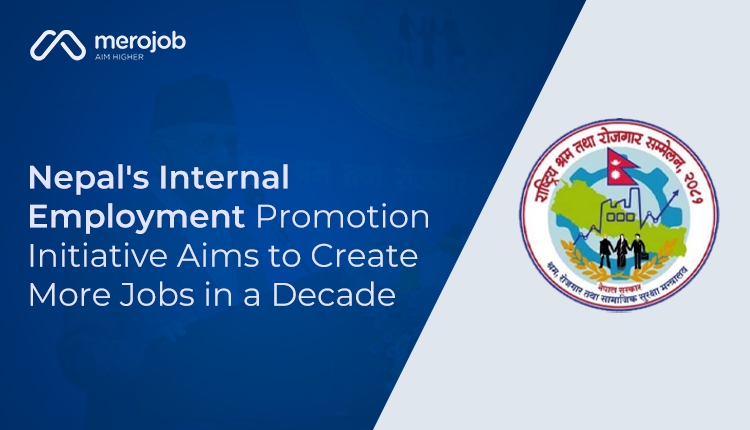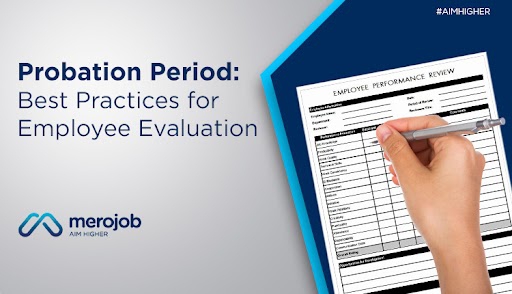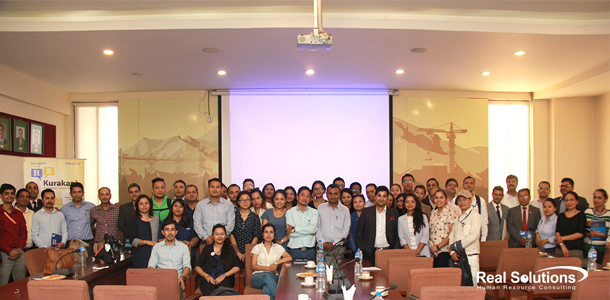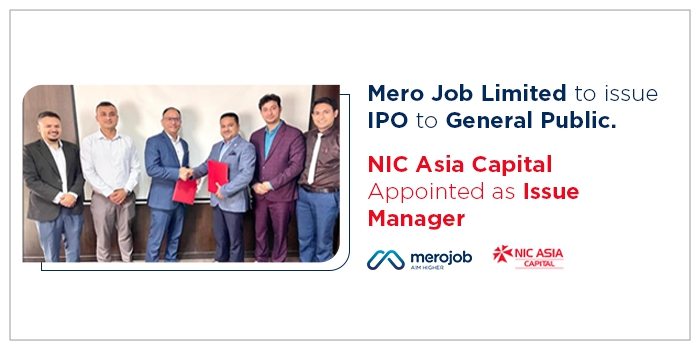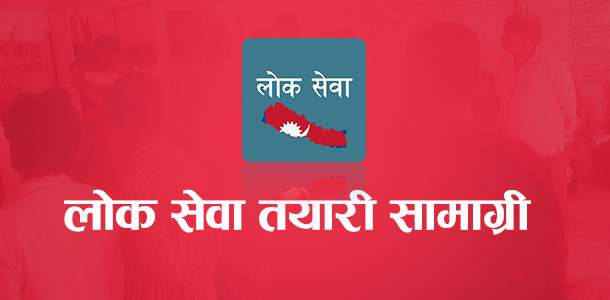Performance plans or work plans helps to keep the employees motivated and at the same time contributes in meeting organizational objective. There are various steps involved in performance planning (PP) which helps in effective appraisal. To learn about the steps involved, so as to make planning better for performance appraisal, Real Solutions organized HR Kurakani on ‘Importance of Performance Planning for Effective Appraisal’.
In the Kurakani, it was discussed that effective planning involves three steps: pre planning, performance appraisal (PA) planning and post planning.Pre planning involves deciding the time factor (annual, biannual, quarterly, monthly), types of review systems, forms and formats, whether to conduct it automatically or manually among others. PA planning involves deciding the ways and duration of conducting PA. As discussed, it includes selecting appropriate methods of appraisal, setting the starting and concluding date, preparing a log etc. Post planning involves the discussing reasons and types of rewards to be given to the employees.
It was also discussed that , PP is not only for increment of salary but when conducted properly, planning serves various purposes such as guiding employees how to improve their performance, setting goals for employees, helping managers to evaluate subordinates' effectiveness and conduct activities related to appointment, promotions, demotions, training, compensation, reward, transfers, and terminations among others.
In order to make PP effective, organizations depending on nature of work and profit generated can use the performance management band in order to conduct PA and reward the employees. In the band system, the core employees, potential employees and non performing employees gets different percentage of increment based on their performance level.
Participants also discussed that in the organization where labor union exists and all employees demand for certain percentage of equal increment, it is difficult to conduct appraisal and reward them accordingly. For this participants said that it is the duty of HR to inject the culture of appraisal to them by highlighting them the benefits of PA.
HR should be able to conduct effective appraisal and in order to design effective appraisal, the system should be intact with the organizational goal, job description of an individual and key result areas. In cases where there are confusions after appraisal, in addition to general ranking, forced grading can be used.
As most of the organizations in Nepal are owner based, it is very difficult to convince the owners and make them feel the importance of HR as they give priority towards cost controlling measures. As a result of this, in some cases though HR department exists, it becomes non performing department. In such cases, participants discussed that in house training should be provided to managers in order to empower them regarding importance of HR and create culture of appraisal.
For this, first of all HR should be empowered, strong enough, equipped with idea and adequate knowledge so that they can persuade their bosses. But the irony is that many people working in HR sector are not aware of various aspects of HR and cannot handle HR related queries and issues.
While setting organizational goals or introducing any new idea to increase business volume, top management needs to talk to HR department which also helps in effective planning and appraisal. Moreover, HR needs to brand themselves and conduct planning in such a way that every individual in an organization is motivated which ultimately helps in individual as well as organizational growth and development. To conclude, Performance planning is the tool through which employee as well as management becomes clear on the appraisal process and system as well as appraisal outcomes that contributes to effective appraisal.
(The write –up is based on ‘HR Kurakani discussion on ‘Importance of Performance Planning for Effective Appraisal’ on December 28 held at Nepal Development Research Institute (NDRI). The participants at the discussion comprised of representatives from commercial banks, INGOs, IT companies, industries, airlines and trading houses. Nisha Bhalami, HR at Verisk Information Technologies acted as the moderator of the discussion while Nibha Shakya Asst Manager at Real Solutions was the coordinator of the event).

